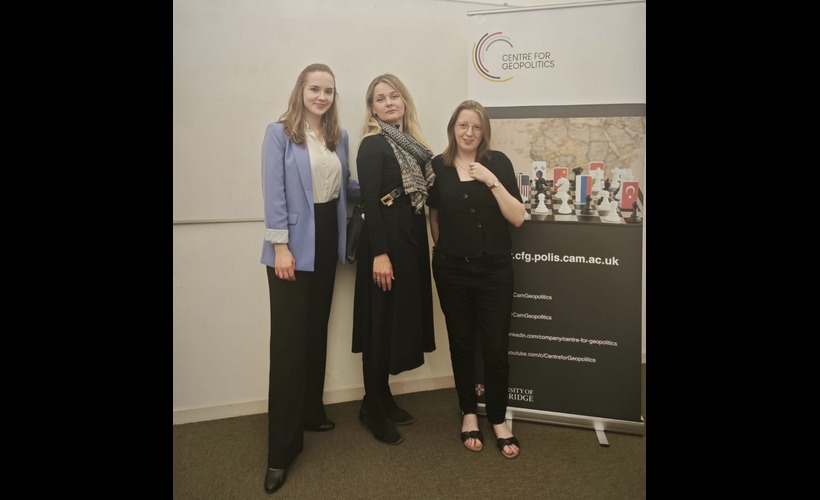By Professor Brendan Simms, Director
Britain’s economic and political connection to the Baltic Sea Region stretches back more than a thousand years. During the Middle Ages, England and Scotland traded extensively there and maintained close contacts with the Hanseatic League. In the 18th century, the Baltic was Britain’s primary source of naval stores and iron ore, crucial to Britain’s military and industrial strength. Britain supported the independence of the Baltic states in 1918-19, and later supported their membership of both the European Union and NATO. British troops are currently deployed in Estonia and Poland, as part of NATO’s enhanced Forward Presence.
With Britain’s exit from the European Union, and Europe’s potential pursuit of strategic autonomy, however, new tensions are emerging in the Baltic. Always an area containing smaller states fought over by great powers, the history of the Baltic Sea Region raises important questions about the relationship between commerce, neutrality, and great power competition which are of relevance to day.
Despite the Baltic’s importance to Britain, our understanding of the region remains limited, as does institutional support for Baltic studies. For example, the study of the history of the Baltic Sea Region has been seriously under-represented at Cambridge by comparison with other areas of Europe. We intend to bridge this gap by establishing a Baltic Geopolitics Programme at the Centre, and promoting Baltic Studies within the University of Cambridge and beyond. I’m leading this initiative together with the Rt Hon Charles Clarke, former UK Home Secretary. We are assissted by Dr Thomas Peak, Research Associate, and Hugo Bromley, Ax:son Johnson Research Assistant at the Centre and a PhD student at the University of Cambridge.
The programme has got off to a flying start, with two events in 2020. The first was on the 80th anniversary of the anexation of the Baltic States and the second was a panel on Britain and the Western Baltic.
This year, our soft launch on 20 January 2021 was opened with remarks from H.E. Kersti Kajulaid, the President of Estonia and Professor John Bew, the Prime Minister’s Foreign Policy Advisor. This was followed by an event to mark the 100th anniversary of Britain’s recognition of the first independent state of Estonia. Videos of all these events can be found on our YouTube channel.
We have also begun to build an informal Baltic Geopolitics Network of Universities from within the Baltic Sea Region and beyond, which has already provided us with very useful intellectual input.







